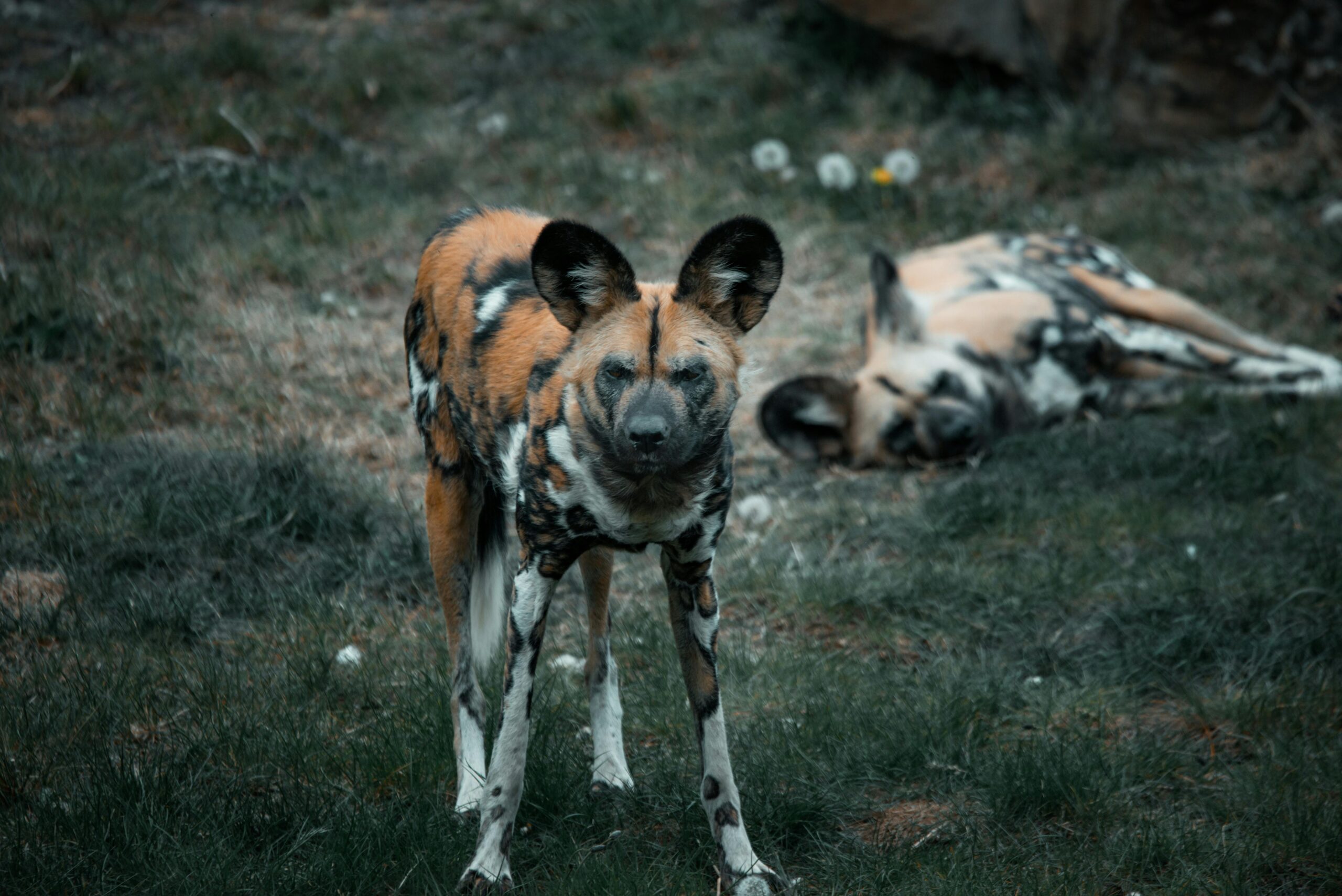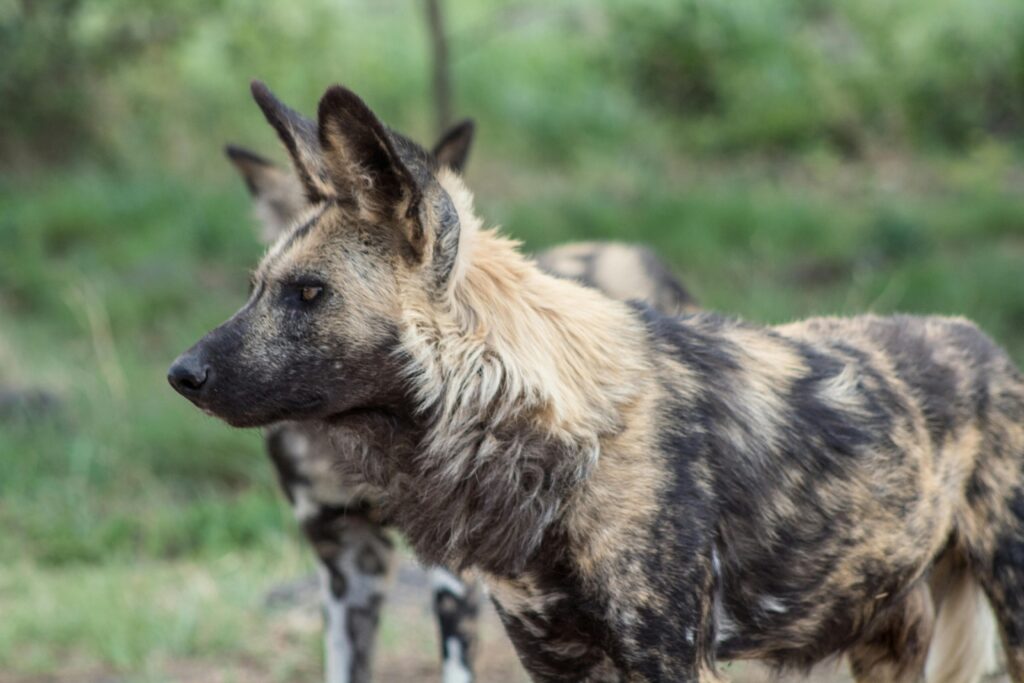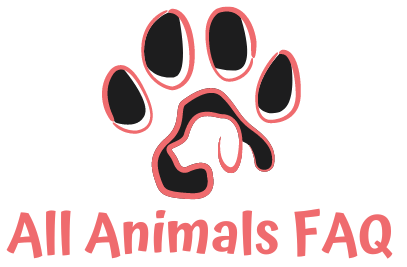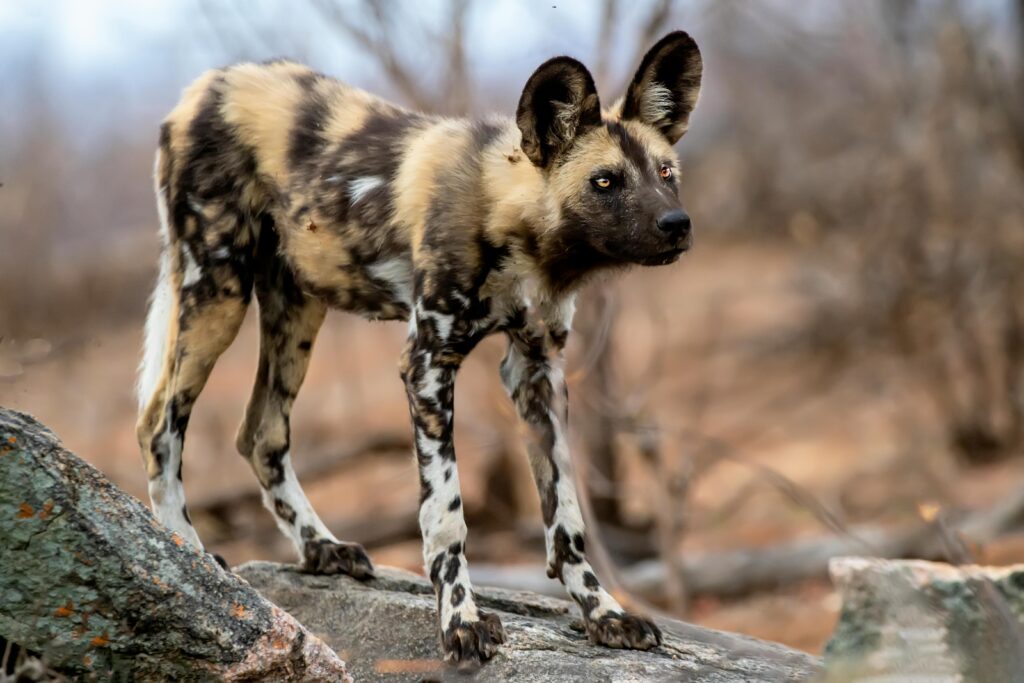African wild dogs, also known as painted wolves, are among the most captivating and unique predators found in sub-Saharan Africa. Known for their striking coats, social behavior, and exceptional hunting skills, they represent one of nature’s most intriguing creatures. This allure can lead some to wonder: can African wild dogs be kept as pets? In this article, we will explore whether African wild dogs are suitable for domestic life, the challenges and ethical considerations involved, and how to appreciate these creatures without risking their wellbeing.
Understanding African Wild Dogs: Nature and Behavior

African wild dogs (Lycaon pictus) are not like domestic dogs. They are one of the most social of all canines, living in packs of up to 20 individuals that rely on cooperation and a strict social hierarchy to survive. Each pack has a dominant breeding pair, and other adults contribute to raising pups, hunting, and defending territory. This high level of social dependency is integral to their identity and survival.
Unlike domesticated dogs, which have been selectively bred over thousands of years, African wild dogs remain fully wild. They display behaviors and instincts honed by evolution to thrive in the wild rather than alongside humans. While it might be tempting to imagine these striking animals adapting to a pet-like life, their needs and instincts make this an extremely challenging—and potentially harmful—endeavor.
- Can African Wild Dogs Be Domesticated?
Domestication is a long process that requires consistent selective breeding to mold animals’ instincts and characteristics to align with human environments. African wild dogs have never undergone domestication, and there is currently no program or inclination to pursue domestication for this species. They are pure wild animals whose behavior, needs, and instincts are not compatible with human-centered environments. In short, domestication is not feasible for African wild dogs.
- Can African Wild Dogs Be Tamed?
Taming differs from domestication in that it involves conditioning individual animals to accept human presence, often through training or exposure from a young age. However, taming does not eliminate natural instincts. Even if an African wild dog is hand-raised, it may retain its instinct to hunt, its social bonding behaviors specific to pack life, and a high need for independence, making it unpredictable and potentially dangerous in a household environment.
Ethical Concerns: Should African Wild Dogs Be Kept as Pets?
- Conservation and Endangered Status
African wild dogs are classified as “Endangered” by the International Union for Conservation of Nature (IUCN), with only an estimated 6,000 individuals remaining in the wild. Habitat loss, poaching, and disease continue to threaten their populations, and the survival of this species depends heavily on conservation efforts. Removing African wild dogs from the wild for private ownership, even if legally possible, could further diminish wild populations and complicate efforts to preserve them.
Owning an endangered animal as a pet can inadvertently harm conservation efforts. For African wild dogs, each individual is crucial to maintaining genetic diversity and supporting breeding programs that aim to prevent their extinction. Keeping African wild dogs as pets not only deprives them of their natural habitat and the benefits of living in packs but also hinders efforts to protect this species in the wild.
- Legal Implications and Restrictions
In most countries, it is illegal to keep African wild dogs as pets due to the risks they pose to both humans and the species itself. Wildlife protection laws are in place to prevent private ownership of endangered or dangerous animals, including African wild dogs. Owning a wild animal without a proper permit can result in significant legal consequences, including fines, the seizure of the animal, and even legal action against the owner.
While some licensed organizations like zoos, sanctuaries, and conservation facilities have permission to care for and study African wild dogs, they do so under controlled environments that meet strict safety and ethical standards. These organizations contribute to conservation and provide the space and care African wild dogs need, which is impossible to replicate in a home environment.
Why African Wild Dogs Don’t Make Suitable Pets

- Natural Habitat and Space Requirements
African wild dogs roam across vast areas in their natural habitat, often traveling many miles per day in search of prey. Their natural territory is large, and they depend on space to meet their exercise, hunting, and socialization needs. Confined in a domestic setting, they can become stressed, anxious, and even aggressive. This high level of activity and freedom is nearly impossible to replicate in a domestic setting, which can lead to psychological stress and health issues for the animal.
- Pack Structure and Social Needs
African wild dogs are pack animals that live in cohesive groups with strong bonds and a strict social structure. They rely on each other for survival, and a single wild dog removed from its pack is likely to experience significant distress. Successfully keeping an African wild dog would involve caring for an entire pack—a commitment that is beyond the capacity of typical pet owners, both logistically and financially. Their natural pack behaviors and social structure don’t align with human family dynamics, meaning they would likely experience isolation, frustration, or even depression in a home setting.
- Diet and Hunting Instincts
African wild dogs are carnivorous and require a diet high in protein, which they naturally obtain from hunting in the wild. They have a strong prey drive, and maintaining their health requires a specialized diet that can be difficult to replicate in captivity. Feeding wild dogs a diet appropriate for domestic dogs would not provide them with the necessary nutrients, potentially leading to malnutrition and health problems. Additionally, their hunting instincts may make them a danger to smaller pets or even humans if their natural urges are left unfulfilled.
Health and Safety Concerns
- Zoonotic Disease Risks
Like many wild animals, African wild dogs can carry diseases that are transmissible to humans (zoonotic diseases), including rabies and various parasites. In their natural habitats, African wild dogs are exposed to diseases that may not pose a risk to other wildlife, but keeping them in close proximity to humans increases the risk of transmission. Proper veterinary care for African wild dogs is also limited, as their physiology differs from that of domestic dogs, making it difficult for standard veterinarians to provide adequate care.
- Behavioral Risks
African wild dogs are instinctively territorial and may exhibit aggression toward unfamiliar individuals, including humans, if they feel threatened. Their natural social dynamics and high energy levels require stimulation, freedom, and engagement that simply cannot be met in a typical home. Aggression or defensive behavior is a natural response for these animals, making them potentially dangerous if they feel confined or frustrated.
Alternatives to Owning an African Wild Dog
For those who admire African wild dogs, there are safer and more ethical ways to engage with these animals without owning them. Here are a few options:
Sponsorship Programs: Some wildlife organizations allow people to sponsor specific African wild dogs, contributing to their care and conservation without taking them from their natural environment.
Visit Wildlife Reserves: Observing African wild dogs in their natural habitat is the best way to appreciate their beauty and behavior without disrupting their natural lifestyle. Many wildlife reserves offer guided tours that let people safely witness these animals in their natural setting.
Domestic Breeds with Similar Traits: For those drawn to wild-looking dogs, breeds like the Basenji or Shiba Inu resemble the African wild dog’s appearance and behavior but are domesticated, making them suitable for life as pets. This way, you can enjoy similar aesthetic traits without the complications of keeping a truly wild animal.
Conclusion: Can African Wild Dogs Be Pets?
In conclusion, while African wild dogs are stunning and fascinating animals, they are not suited for domestic life as pets. Their complex social behaviors, dietary needs, and the challenges associated with captivity make it difficult and unethical to keep them in a home environment. These animals are best appreciated in the wild or within conservation settings where they can live according to their natural instincts and social needs.
Supporting African wild dogs through conservation, observation, or responsible alternatives is the best way to honor these animals while respecting their place in the ecosystem.
Targeted Keywords:
Can African wild dogs be pets
African wild dog pet suitability
Keeping wild animals as pets
African wild dog social structure
African wild dog domestication challenges
Exotic pets and conservation ethics
Endangered species pet ownership
African wild dog behavioral needs



